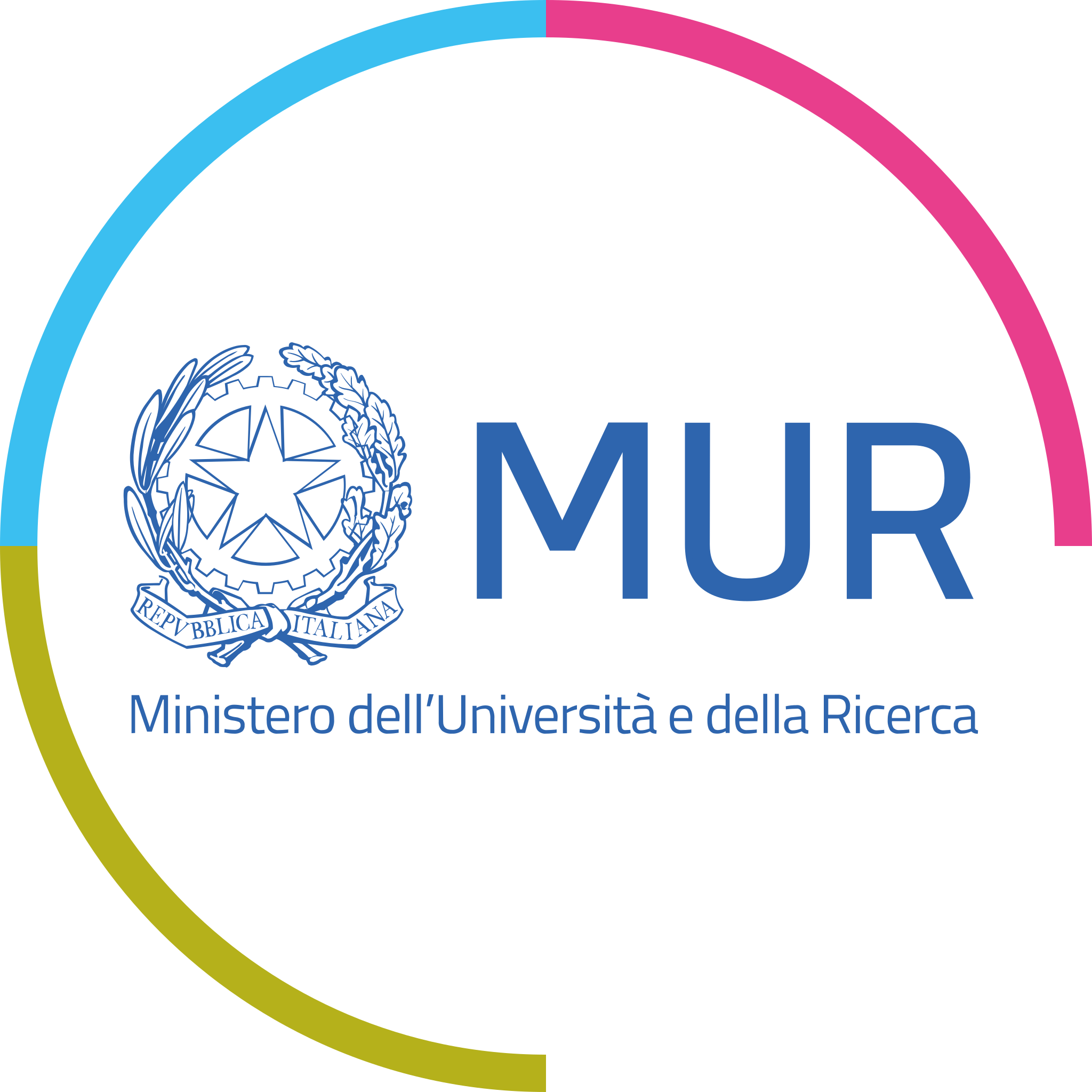
Tumor Microenvironment Research Group
Prof. Carmine Mancone is the director of the Tumor Microenvironment Research Group. This group works on understanding the molecular basis of the interaction between cancer cells and the tumor microenvironment (TME) in liver and biliary tract carcinomas. In particular, we are focused on the identification and characterization of proteins responsible for the remodeling of the extracellular matrix (ECM), for the regulation of vascular and lymphatic angiogenesis and for the desmoplastic reaction in cholangiocarcinoma to understand how the TME influences growth, invasiveness, and metastasis of cancer cells and to identify new therapeutic targets.
Internal (Sapienza University of Rome) and external collaborators of this group are national and international scholars that cover multidisciplinary fields of the bionmedical research such as: Proteomics and Cell Biology (Prof. Carmine Mancone); Biochemestry (Prof. Bruno Maras and Prof. Giuseppina Mignogna), Cell death and autophagy (Prof. Helin Norberg, Stockholm); Hepatobiliary surgery (Prof. Massimo Rossi, Rome); Non-coding RNA (Prof. Marco Ragusa, Catania).
The development of a reactive TME is a functional hallmark of aggressive epithelial malignancies. TME appears as a biologically complex stroma that surrounds tumor cells and supports them in the autonomous proliferation, resistance to cell death, escape of immunosurveillance, invasion and migration. Together with non-malignant stromal cells (i.e.: fibroblasts, immune and inflammatory cells, endothelial cells (ECs)) and the extracellular matrix (ECM), the extracellular fluid (ECF) plays a key role in TME pathobiology. The ECF is not only a transport medium for nutrients and waste products, but also contains a variety of cytokines, chemokines, growth factors, and adhesion molecules perpetually released from stromal and tumor cells or transported to the organ by the blood circulation. This plethora of soluble factors triggers the malignant phenotype by promoting the ECM remodeling, the proliferation of abnormal vascular networks, immunosuppression and tumor progression.
Compared to other epithelial malignancies, the intrahepatic cholangiocarcinoma (iCCA) displays a peculiar TME, characterized by a highly desmoplastic and hypovascularized stroma. Cancer associated fibroblasts (CAFs) are pivotal in enhancing the desmoplastic malignant phenotype of iCCA by releasing growth factors, chemo/cytokines and ECM components in the ECF. This leads to an aberrant production of non-polarized and aligned ECM fibers that supports iCCA cells proliferation and migration. Moreover, in contrast to the hepatocellular carcinoma (HCC), where the rich blood vascularization leads to distant metastatic sites, iCCA mainly disseminates via the lymphatic system due to the predominant sprouting of lymphatic vessels over the blood vasculature.
Recently, we demonstrated that thrombospondin 1 (THBS1) and 2 (THBS2) along with pigment epithelium-derived factor (PEDF) inhibit angiogenesis and promote lymphangiogenesis, tumor growth and lymph node metastasis in iCCA (Fig. 1). These results support the idea that the identification of specific downstream targets able to hamper the THBS1-, THBS2-, and PEDF-mediated lymphangiogenesis may be essential in the treatment of the iCCA progression and dissemination.

The main goals of our research are:
- deciphering the molecular mechanisms by which THBS1, THBS2 and PEDF promote the iCCA-associated lymphangiogenesis to unveil most specific downstream targets for therapeutics
- to elucidate the role of THBS1, THBS2 and PEDF in promoting iCCA cell proliferation, migration and invasion
- to explore the interactions among THBS1, THBS2, PEDF and iCCA TME-associated proteins
We employ a wide range of cutting-edge techniques to study TME biology, which include:
- In vitro and in vivo angiogenesis assay
- Cell-based technology for migration and invasion assays
- Immunofluorescence
- Western blotting
- Protein Immunoprecipitation
- Proteomics (nLC-MS/MS)
- Computational biology
We have been recently awarded in the total amount of € 199,435 by Ministero dell'Università e Ricerca, PRIN 2022 (Progetti di Rilevante Interesse Nazionale)
Project code: 2022L3BW2P
Project title: Dissecting the role of THBS1, THBS2 and PEDF in the metastatic dissemination of the intrahepatic cholangiocarcinoma via lymphatic vessels: identification of upstream miRNA regulators and downstream signaling pathway
Coordinator: Carmine MANCONE
ERC: LS3_4
University: Università degli Studi di ROMA "La Sapienza"
We have been recently awarded in the total amount of £35,000.00 by the AMMF-Cholangiocarcinoma Charity.





